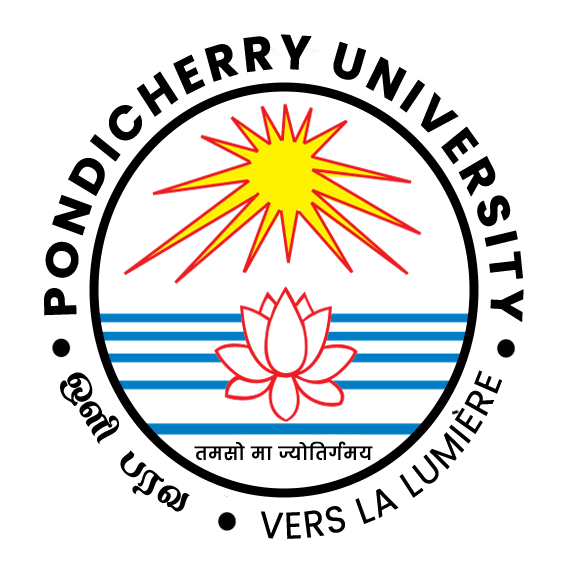M.Lib.I.Sc. Master of Library & Information Science
The M.Lib.I.Sc., a two-year integrated programme of 75 credits,
is divided into four semesters including Internship in the third
semester and a project in the final semester. The programme is
equivalent to BLIS (one year) + MLIS (one year).
To impart high level skills and training necessary for those
aspiring to hold higher positions in library and information
centres within the country and abroad;
To prepare the library and information professionals for the
changing scenario;
To familiarize with the basic concepts of information and its
communication in society;
To teach information processing techniques and develop
capability in retrieving information efficiently by applying
different search techniques;
To acquaint with the activities and services of different
information systems and introduce them to packaging and
consolidation techniques;
To introduce different methods and techniques of research;
To sensitize and enable them to resolve the major issues
associated with the development of new technology in the
libraries and information centres;
To impart ICT based skills using open source software in
order to make them serve competently in an automated and
networked environment; and
To introduce modern tools and techniques to students to
manage Libraries and Information Centres effectively.
Focus Areas
.
of the program
ICT for Information Management
To guide students in developing specialized knowledge and skills in information technologies, information organization, and end user services that will enable them to lead digital collection and management at academic/research institutions, cultural heritage institutions, special collections/archives, and other information centres.
ILMS and Digital Libraries
To impart in-depth knowledge on digital libraries, their characteristics, components, standards and protocols, digital rights and access management, planning and evaluation. The ultimate aim is to instil skills in learners that would enable them to set-up their own institutional digital library with all intermediate steps involved in it from planning to offering digital library services.
Knowledge Organisation
Theories, principles, and models underlying the organization of knowledge and the representation of information resources. Demonstrate a clear understanding of the basic principles and practices of information description, organization, access, and retrieval.
Who can prefer this Course
Eligibility
Candidates seeking admissions to the programme shall
be required to appear for a 2-hour written examination
conducted by the University during the last week of May
or first week of June or on the date announced by the
University. The written examination shall consist of 100
objective type questions to test mental ability, aptitude and
general knowledge of the candidate consisting of questions
from current topics of general interest, books, authors,
libraries, information resources, reading habits and other
related areas. Any degree with a minimum of 50% of marks. The Entrance Exam consists of objective type questions from the following.
Media, Publications, Sports
Information Technology
General Knowledge & English

